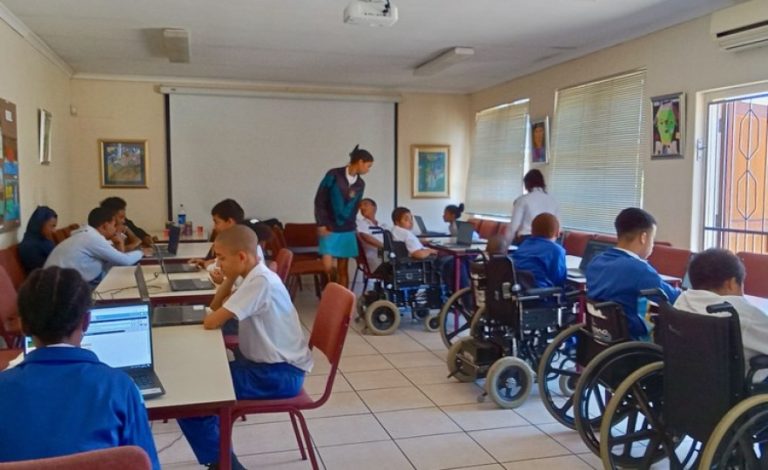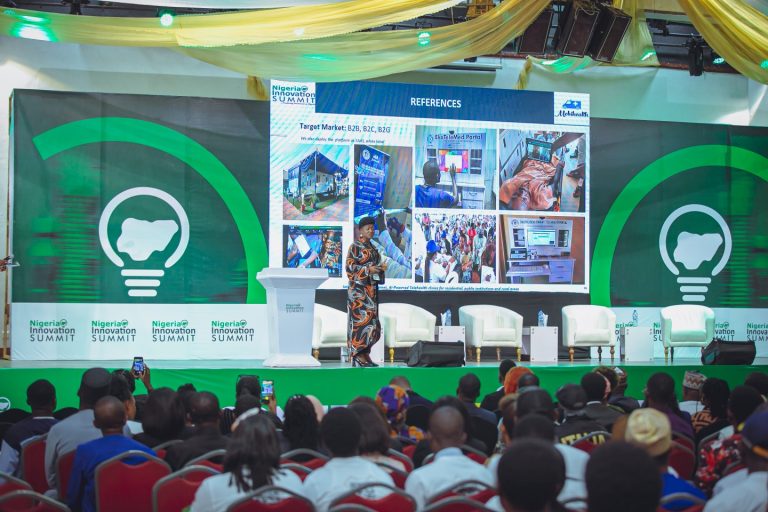Gabon Government Cuts off Internet Access to Curb the Spread of False Information

As the country’s general election nears its conclusion, the government of Gabon has announced that it will impose a curfew and shut down the internet, citing “calls for violence… and false information.”
After the country’s general elections on Saturday, the government of Gabon declared that it will impose a nighttime curfew and cut off internet access.
Communications Minister Rodrigue Mboumba Bissawou announced the overnight curfew would begin on Sunday to “counter the spread of calls for violence… and false information.” He stated that until further notice, internet connection was suspended.
However, Bongo’s attempt to win a third term and end his family’s 55-year hold on power was hoped to be thwarted by the suddenly united opposition. In an effort to make Bongo’s opponent more competitive, Albert Ondo Ossa received support from six of the major opposition groups.
Family Dynasty
The 64-year-old current leader took over the position in 2009 after succeeding his father Omar, who had been in charge for more than 40 years before passing away.
The vote is a gauge of public support for the president as of now. In the most recent election, he prevailed by slightly over 5,000 votes.
Riots broke out as a result of allegations that Bongo rigged the vote.
Detractors claim he hasn’t done enough to capitalize on Gabon’s oil wealth, especially given that a third of the nation’s 2.3 million residents live in poverty despite Gabon having the highest per capita GDP in Africa, illustrating the gap between the country’s rich and poor.
Bongo’s health and talents have also come under scrutiny following a stroke in 2018.
Delays
Although numerous polling places in the capital city of Libreville experienced severe delays, voting was scheduled to begin at 8 a.m. local time (0700 GMT).
Some social media reports indicated that votes had been cast on time in certain locations, while others observed that their polling places had remained closed well beyond 8 a.m.
Rule alterations
The 850,000-strong electorate chose candidates for the legislature and municipal councils in addition to electing a president.
The major opposition parties have raised concerns about a last-minute rule change in the legislative election that they claim undermines the separation of powers in the days leading up to the ballots.
Any vote for a local deputy will automatically constitute a vote for that deputy’s presidential candidate, according to the most recent amendment.







